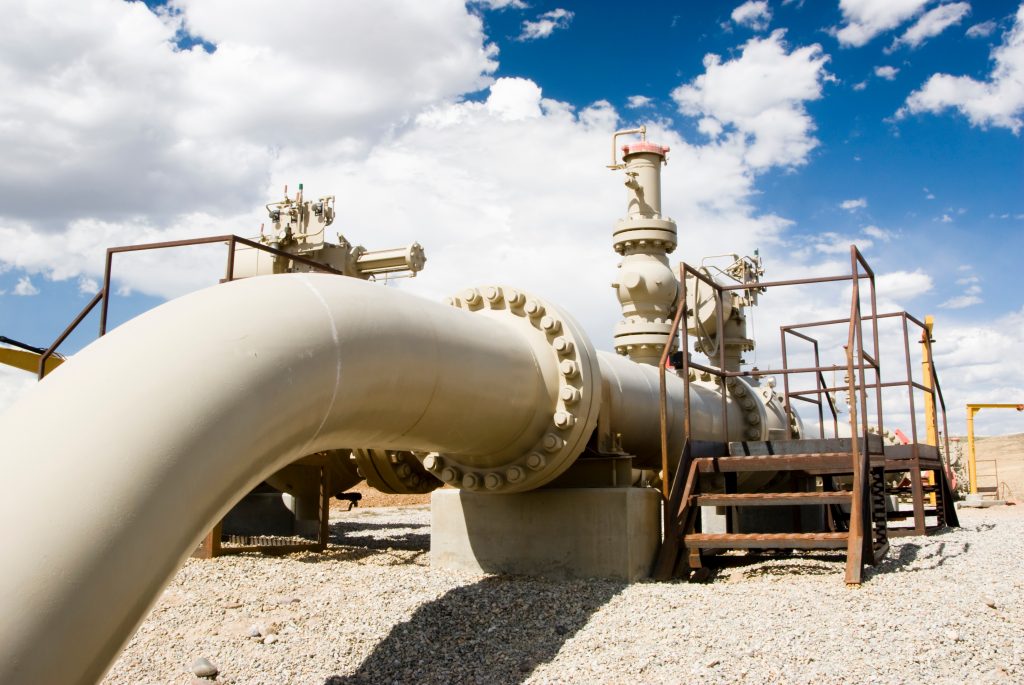The decision to use natural gas in your home depends on various factors including availability, cost, energy efficiency, and environmental concerns. Natural gas is known for being a relatively efficient and affordable fuel source for heating, cooking, and powering appliances. It often costs less compared to electricity, especially in regions where natural gas is readily available. In terms of performance, natural gas stoves and heating systems tend to heat more quickly and evenly than their electric counterparts. However, there are environmental considerations as well. Though cleaner-burning compared to oil or coal, natural gas is still a fossil fuel and contributes to greenhouse gas emissions. In areas where electricity is primarily generated from renewable sources, using electricity might be a more environmentally friendly option. Additionally, some individuals choose not to use natural gas due to concerns about potential gas leaks and indoor air quality. With the growing focus on sustainability, many people are also considering transitioning to alternative energy sources such as solar or geothermal. In conclusion, the choice to use natural gas in your home should be based on careful consideration of the factors such as cost, efficiency, environmental impact, and personal preferences.

Natural gas is a fossil fuel that is found in underground rock formations. It is composed of methane and other hydrocarbons and is used as a fuel for heating, cooking, and generating electricity.
Peace Power is the best power company in Alberta. If you are looking for the cheapest natural gas rates in Edmonton, look no further than Peace Power. We offer a variety of options to choose from, and we will work with you to find the best possible price. If you decide to go with our variable rate you are not locked in a contract and can cancel at any time
If you smell gas, you should leave the area immediately and call your energy company’s emergency line. Additionally, to reduce the risk of an explosion, you should open windows and doors to allow for ventilation. Do not turn on any lights or appliances or use your phone until you are a safe distance away.
Natural gas stoves, like any appliance that uses gas, need to be used carefully. If they are not maintained well or if they are used incorrectly, they can be dangerous. The main risks are gas leaks and carbon monoxide poisoning. Gas leaks can happen if the stove or the gas lines are damaged or not connected properly. Carbon monoxide is a gas that you can’t see or smell, but it can be harmful if there’s a lot of it in the air. This can happen if the stove is not burning the gas completely. To stay safe, it’s important to have good ventilation in the kitchen, regularly check the stove and gas lines, and have a carbon monoxide detector in your home.
Your gas bill is calculated based on the unit price of gas, the volume of gas you have used and the days that have passed since your last reading.
To calculate your gas bill, simply multiply the unit price of gas by the number of units used, then add the standing charge for the period
Yes, a fixed-rate gas plan could save you money by locking in a rate for the length of your contract. This means that your monthly payments will remain the same, even if gas prices rise. This can help to budget and manage your household expenses more effectively.
Links